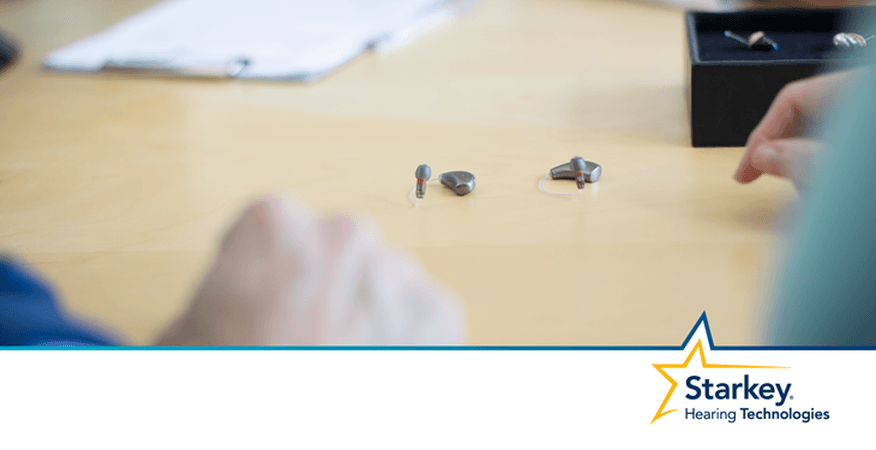Hearing Loss Of Loved Ones
When talking to a family member with hearing loss this season, use these 3 communication techniques to help them hear you better. As part of my counselling session with new clients, I always make sure to involve both the new hearing aid wearer AND the family members that come to their appointments. Getting hearing aids for the first time is a huge step. One that often takes a lot of courage to even admit there is a need for help. But the work doesn’t end there. Most people make a massive mistake in assuming hearing aids will solve all their problems in conversation. Of course hearing aids provide incredible improvement in speech clarity, but they are not a magic cure-all. How we talk is a HUGE element in how well others understand what we say. After all, conversation is not a one person activity. It’s takes two to tango. Here are 3 key strategies anyone can adopt immediately to improve their quality of conversation. Tip 1. Get the other person’s attention before talking. Whether you’re driving in a car, watching TV, or having dinner together, when a moment of silence falls between you assume that other person is deep in thought or listening to something else in the room. Before you speak, begin by getting their attention. Say their name or a give gentle touch on the hand. This gives them a moment to turn towards you and prepare to listen to what you are about to say. There...


Recent Comments